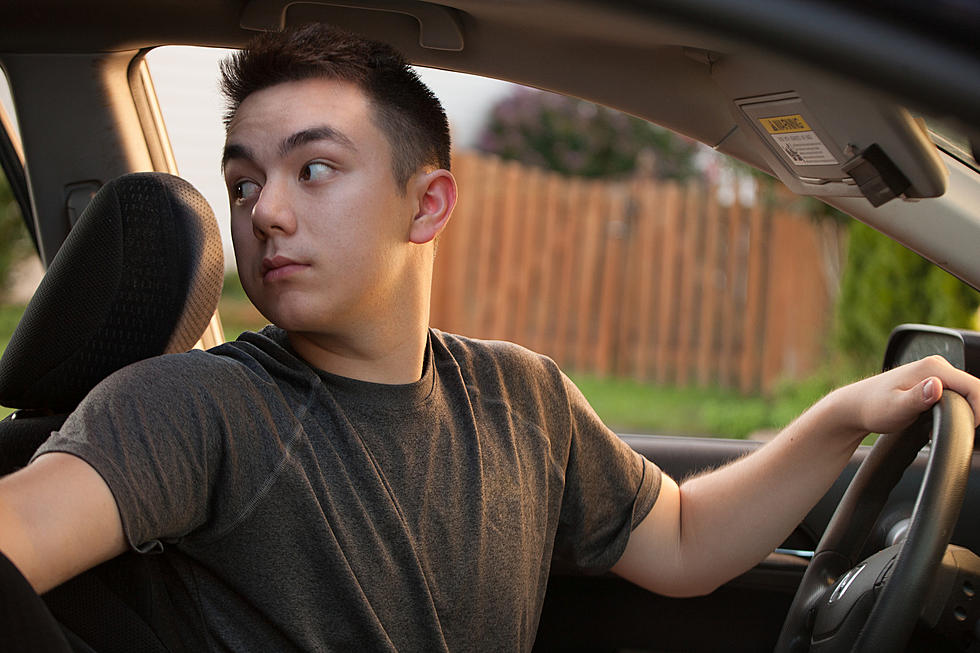
Rutgers study: Certain sleep meds linked to overdose in younger users
Certain prescription sleep medications are linked to a higher risk of overdose in teenagers and young adults, according to research out of Rutgers University.
The use of benzodiazepines, commonly known as "benzos," among young individuals led to higher risk of overdose during the first six months of treatment, compared with other prescription sleep medications, researchers found, by looking at the outcome of tens of thousands of individuals.
The study, published in JAMA Network Open, specifically found that the risk of overdose was highest among young people who in addition to starting treatment with benzodiazepines, such as Xanax, had already been recently prescribed an opioid.
"Given the frequent co-use of benzodiazepines with other substances, it is important to discuss with young people the potential associated harms," said Greta Bushnell, a study author. "We hope these results can inform prescribing decisions and encourage close monitoring in this young patient population."
Benzos are depressants, used to relieve anxiety and to help people sleep. But health professionals say these drugs should not be the first option for the treatment of insomnia or stress.
"Medical professionals have become concerned about their risks, particularly if used over a long time," the Alcohol and Drug Foundation says on its website.
According to Diane Calello, medical director of the New Jersey Poison Center, benzodiazepines are meant to be used at low doses and for a short amount of time.
"The trouble is, they're habit-forming," Calello said. "If you take them every day for a few days to weeks, then your body kind of needs them."
The potential danger is heightened when individuals take a benzo in combination with other sedating drugs, or alcohol, health professionals say. Together, they can have a synergistic effect on breathing and consciousness.
"Patients taking more than once class of sedatives, or combining any drug with alcohol, are in danger of becoming comatose," Calello said.
Dino Flammia is a reporter for New Jersey 101.5. You can reach him at dino.flammia@townsquaremedia.com
Click here to contact an editor about feedback or a correction for this story.
Former Child Stars Who Turn 30 in 2022
25 richest people in America and how they did it
More From Beach Radio







